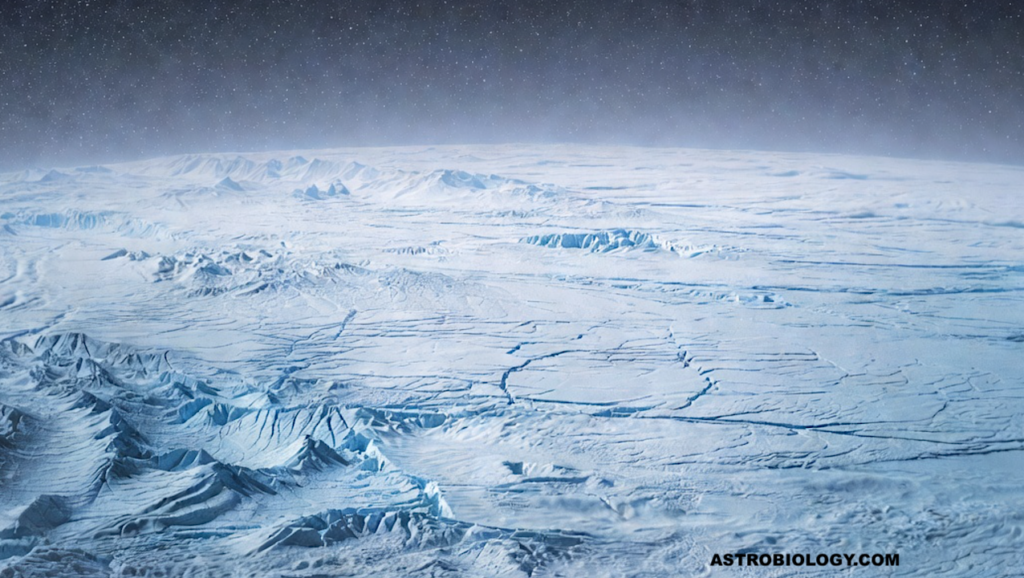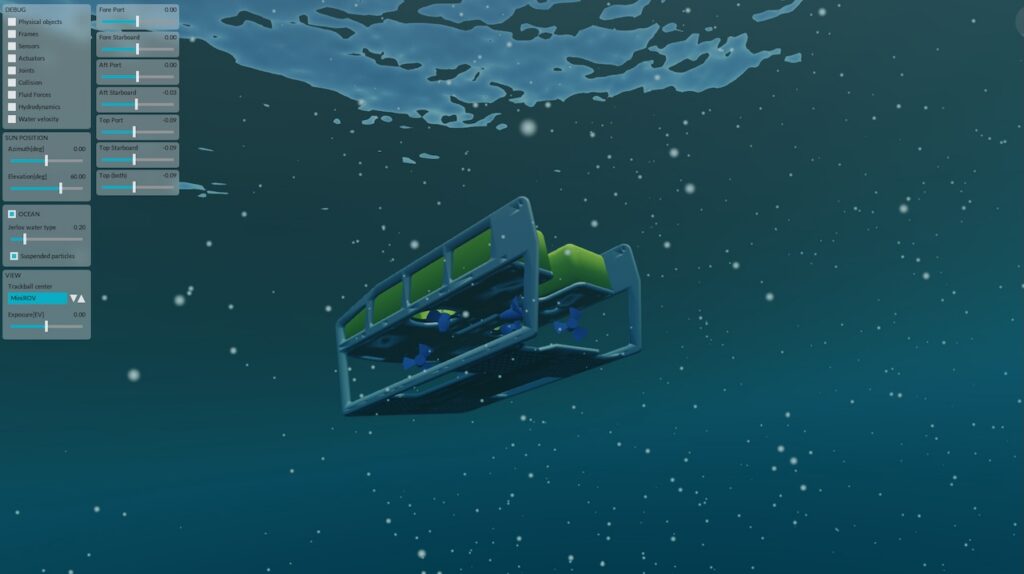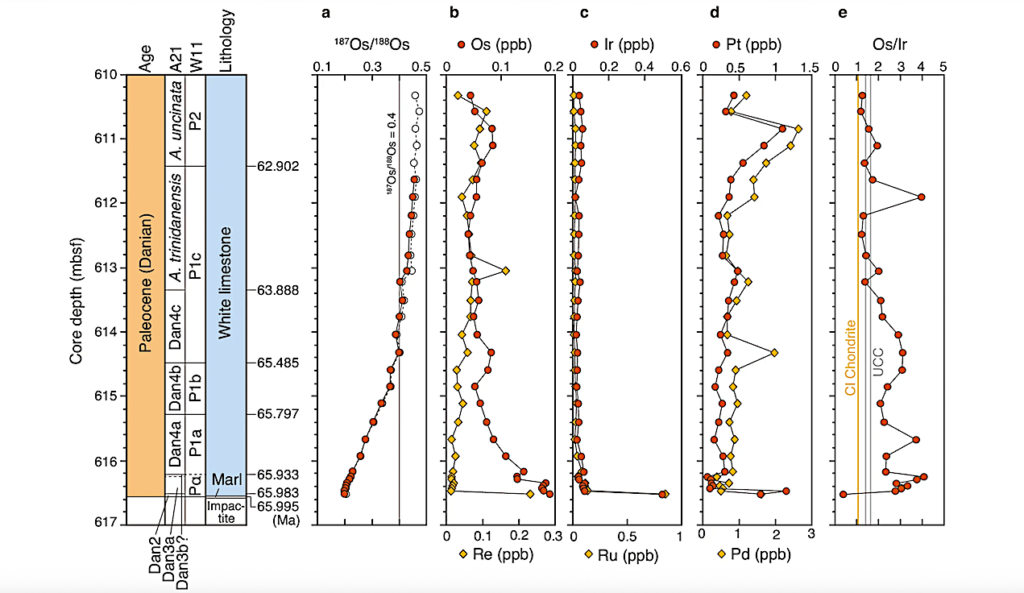Metabolism May Have Started in Early Oceans Before the Origin of Life

The chemical reactions behind the formation of common metabolites in modern organisms could have formed spontaneously in the earth’s early oceans, questioning the events thought to have led to the origin of life.
In new research funded by the Wellcome Trust, researchers at the University of Cambridge reconstructed the chemical make-up of the earth’s earliest ocean in the laboratory. The team found the spontaneous occurrence of reaction sequences which in modern organisms enable the formation of molecules essential for the synthesis of metabolites such as amino acids, nucleic acids and lipids. These organic molecules are critical for the cellular metabolism seen in all living organisms.
The detection of one of the metabolites, ribose 5-phosphate, in the reaction mixtures is particularly noteworthy, as RNA precursors like this could in theory give rise to RNA molecules that encode information, catalyze chemical reactions and replicate.
It was previously assumed that the complex metabolic reaction sequences, known as metabolic pathways, occurring in modern cells were only possible due to the presence of enzymes. Enzymes are highly complex molecular machines that are thought to have come into existence during the evolution of modern organisms. However, the team’s reconstruction reveals that metabolism-like reactions could have occurred naturally in our early oceans, before the first organisms evolved.
Almost 4 billion years ago life on Earth began in iron-rich oceans that dominated the surface of the planet. This was an oxygen-free world, pre-dating photosynthesis, when the redox state of iron was different and much more soluble to act as potential catalysts. In the Archean sea, iron, other metals and phosphate, facilitated a series of reactions which resemble the core of cellular metabolism occurring in the absence of enzymes.
The findings suggests that metabolism predates the origin of life and evolved through the chemical conditions that prevailed in the worlds earliest oceans.
“Our results show that reaction sequences that resemble two essential reaction cascades of metabolism, glycolysis and the pentose-phosphate pathways, could have occurred spontaneously in the earth’s ancient oceans,” says Dr. Markus Ralser at the Department of Biochemistry at the University of Cambridge and the National Institute for Medical Research, who led the study.
“In our reconstructed version of the ancient Archean ocean, these metabolic reactions were particularly sensitive to the presence of ferrous iron which was abundant in the early oceans, and accelerated many of the chemical reactions that we observe. We were surprised by how specific these reactions were” he added.
The conditions of the prebiotic sea were reconstructed based on the composition of various early sediments described in the scientific literature which identify soluble forms of iron as one of the most frequent molecules in the prebiotic oceans.
Alexandra V Turchyn from the Department of Earth Sciences at the University of Cambridge, one of the co-authors of the study said: “We are quite certain that the earliest oceans contained no oxygen, and so any iron present would have been soluble in these oxygen-devoid oceans. It’s therefore possible that concentrations of iron could have been quite high”.
The different metabolites were incubated at temperatures of 50-90*C, similar to what might be expected close to the hydrothermal vents of an oceanic volcano, and would not support the activity of conventional protein enzymes. The chemical products were separated and analyzed by liquid chromatography tandem mass spectrometry.
Some of the observed reactions could also take place in water but were accelerated by the presence of metals that served as catalysts. “In the presence of iron and other compounds found in the oceanic sediments, 29 metabolism-like chemical reactions were observed, including those that produce some of the essential chemicals of metabolism, for example precursors to the building blocks of proteins or RNA,” says Ralser.
“These results indicate that the basic architecture of the modern metabolic network could have originated from the chemical and physical constraints that existed on the prebiotic Earth.”
How the first enzymes adopted the metal-catalyzed reactions described by the scientists remains to be established.







